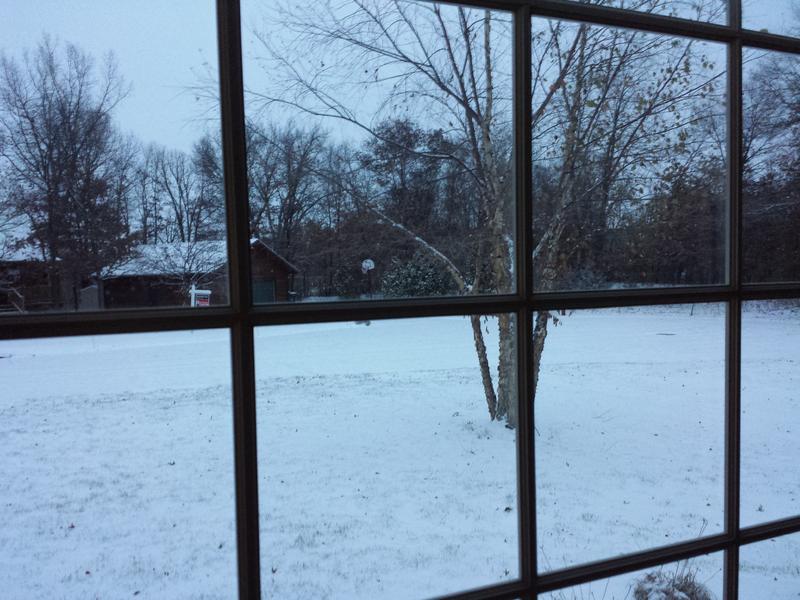http://www.ctvnews.ca/canada/polar-vortex-returns-with-arctic-blast-for-parts-of-canada-1.2094210
Polar vortex returns with ‘Arctic blast’ for parts of Canada
Published Sunday, November 9, 2014 4:58PM EST
Last Updated Sunday, November 9, 2014 8:56PM EST
The frigid cold of the polar vortex is coming back, with snow and an “Arctic blast” of winter air set to sweep across Western Canada in the days ahead.
Environment Canada issued cold weather statements for all of British Columbia and parts of Alberta on Sunday, with temperatures expected to plummet up to 10 degrees Celsius below the seasonal norm. The polar vortex is expected to bring the coldest temperatures of the season, along with freezing rain or snow for many of the affected areas.
“Temperatures will drop across many regions as the coldest air so far this season moves in,” Environment Canada said in a cold air statement for B.C. Sunday. “The colder conditions are expected to persist for most of the new week.”
The southern part of Alberta is under a heavy snowfall warning, with 10 to 20 centimetres expected to fall in most areas by Monday morning.
Forecasters say the polar vortex will engulf much of Canada and the continental United States in the days ahead, and bring the first true chill of winter with it.
The U.S. is already bracing for the full force of the Arctic blast. Temperatures will plummet well below their November averages across the country, with Minnesota expecting record-breaking snowfalls.
In Canada, temperatures dropped below the freezing mark in Calgary to around -10 C on Sunday, bringing snow and biting winds to the city. Edmonton, Winnipeg and Saskatoon are also facing double-digit freezing temperatures and snow.
Weather experts say Typhoon Nuri is the main culprit behind the big chill, as the tropical storm’s presence over Alaska is forcing a cyclone of cold Arctic air to shift south in a “polar vortex” effect.
The polar vortex is a large pocket of intense cold air that typically sits over the North Pole. However, weather patterns occasionally shift that pocket south, resulting in a sharp, prolonged dip in temperature over the area affected.
Canadians last felt the icy grip of the polar vortex in January, when a deep freeze settled over the country for weeks.


